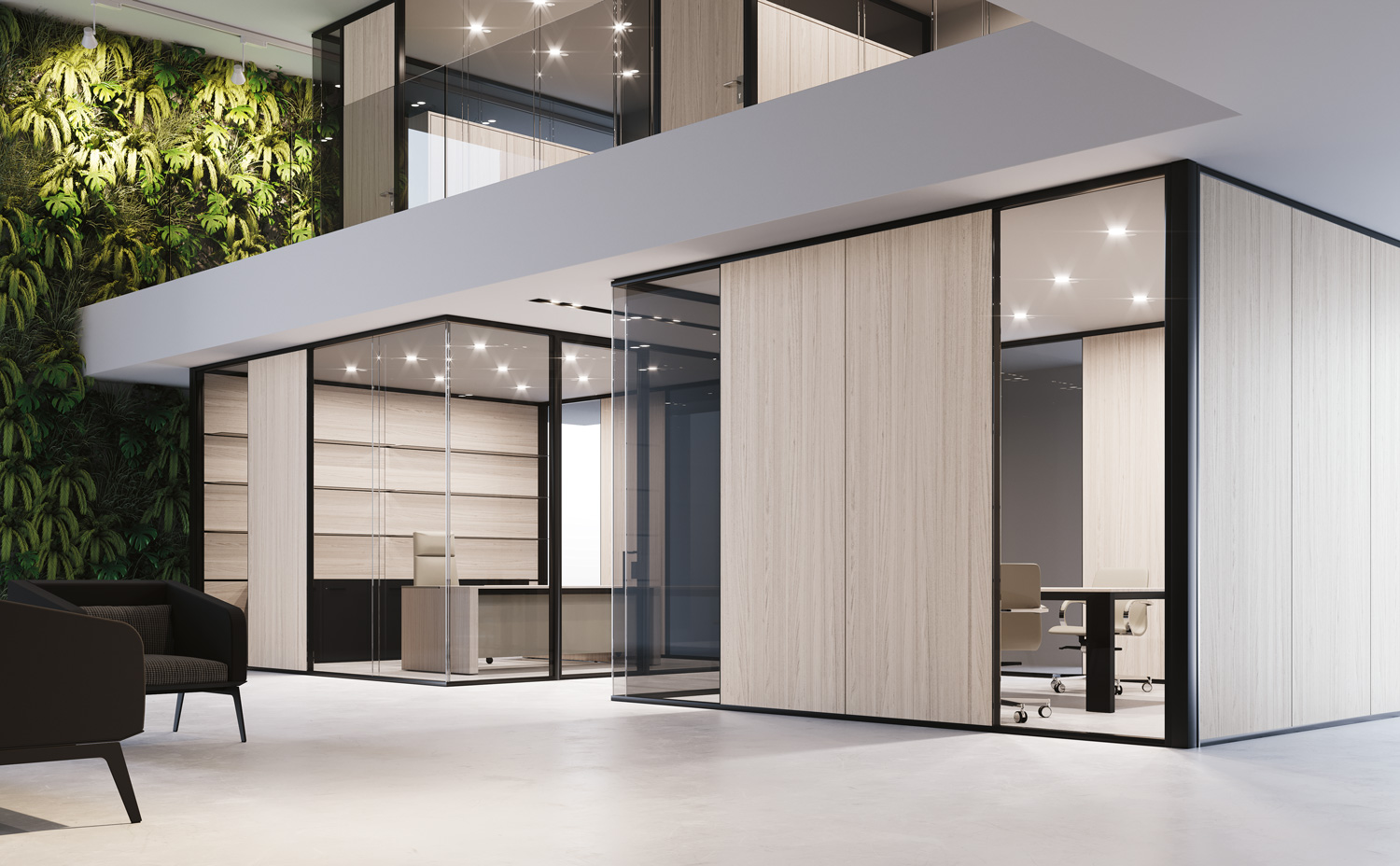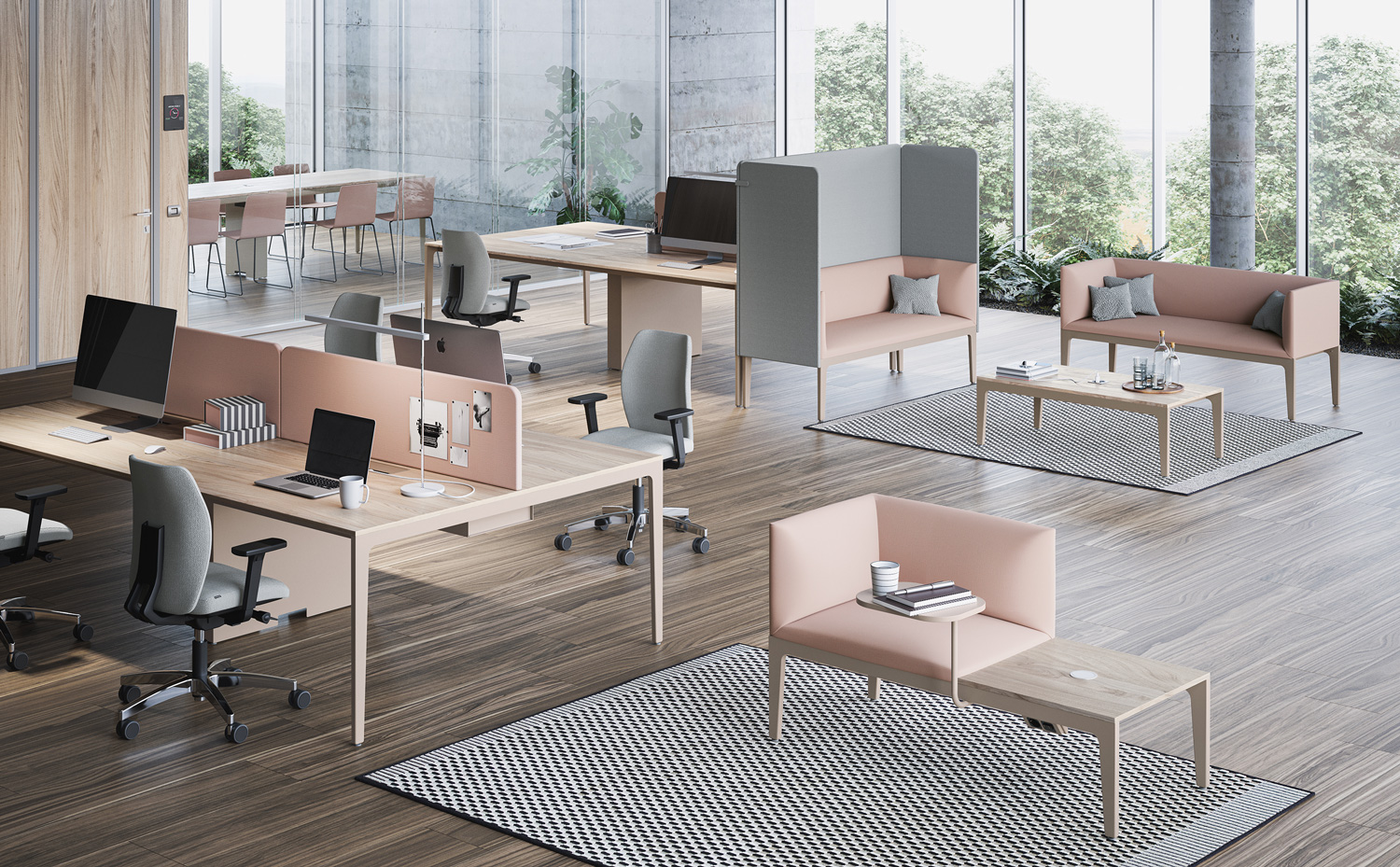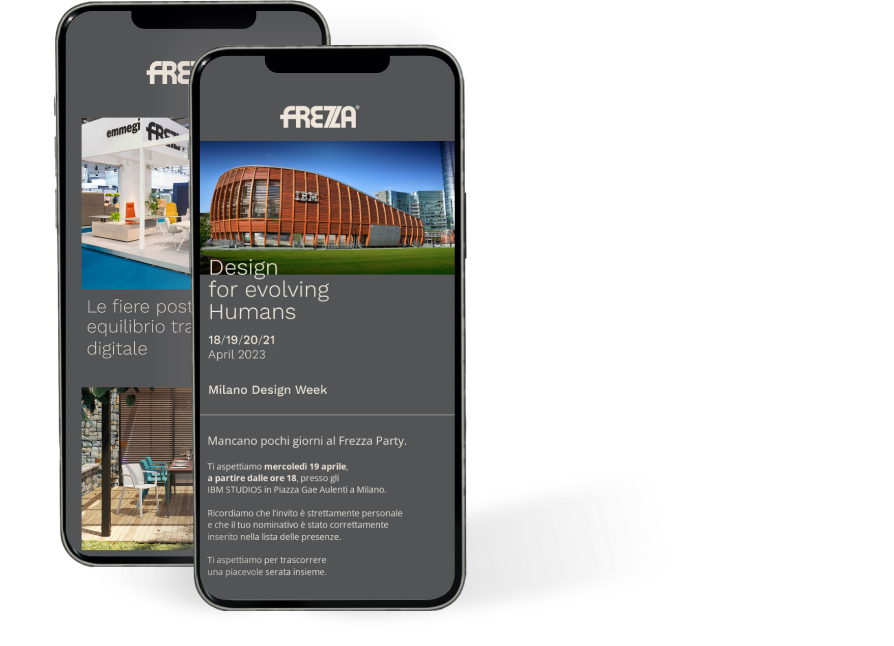That colleague who talks too loudly, the phone ringing, the printer’s clunking, the fan’s droning, cars parking, people gossiping around the coffee machine…
There are days when even the tapping of fingers on keyboards grates on your nerves: but fear not, this is completely normal, especially when working in an open space.
SOUND AFFECTS US PSYCHOLOGICALLY, COGNITIVELY AND BEHAVIOURALLY, EVEN THOUGH WE’RE NOT AWARE OF IT
Julian Treasure, The Sound agency
Constant noise and productivity
Hell is other people as Sartre put it. Hell is other people’s conversations we might say today.
A person’s productivity can drop to as low as 66% when exposed to nearby conversations, a constant and everyday condition in most cases given that about 70% of offices are open plan.
Why single out conversations rather than noise in general?
Here’s the thing: on average our brains have the “bandwidth” to process about 1.6 conversations at any one time, conversations we can’t filter out. So even just a single conversation leaves us with a “residual” capacity of merely 0.6 for our own thoughts and, therefore, for focusing and thinking about the tasks we have to perform (Julian Treasure, The Sound Agency).
This statement is also confirmed and expanded on by an interesting study by the British Journal of Psychology, which has shown how the type of background noise has different effects on productivity: noise on its own disrupts performance just on mental arithmetic tasks, while noise with speech (whether intelligible or not) also affects memory and language.
Disruption has an even greater effect on multitaskers, according to a study by Stanford University: people who are used to performing a number of tasks at once find it harder to refocus when distracted by a colleague.
How many times does this happen in the office, whether it be a quip from a co-worker sharing your desk or the incessant ringing of the phone of the person across from you?
Add to this the Lombard effect (the tendency to speak louder as the noise around us increases), and it really seems there’s no escape from this situation.
The effects of noise pollution on health
It’s not just an annoyance, though that’s how it all starts.
Exposure to constant noise also has negative effects on health, of various kinds. Firstly, hearing problems, especially for people who spend most of their day on the phone.
In addition, according to a study by the University of Michigan (among others), there are problems linked to blood pressure and the cardiovascular system in general. The effect can be summed up as follows: noise irritates and stimulates the nervous system, which in turn releases cortisol (the so-called stress hormone) and speeds up the heart rate. The end result can range from circulatory problems to sleep disorders and recurrent headaches, among other issues.
And so we come to the psychological effect, which is closely related: excessive exposure to noise, for an extended period, often leads to cases of workplace depression or aggressiveness.

How to reduce noise in the office with the right design
There’s no need to abandon the open-plan concept altogether to reduce noise pollution in the office. Design and good behavioural standards can be sure-fire weapons in your workplace arsenal!
Here are a few tips.
- Create quieter spaces by using partition walls. Individual offices are clearly at an advantage from this point of view (solitude has its plus side!), but even meeting rooms can be a solution sometimes: when they’re not in use, they can be a great place to escape to for some quiet time and to “recover” from the barrage of noise, even just for a few minutes.
- Upholstered chairs, armchairs and ottomans have a positive impact on the room’s acoustics.

- Partition screens help limit noise and have an added advantage: their presence often inhibits the constant chattering between one desk and the next.
- Listen to your co-workers’ ideas: mutual respect for each other’s work is a good starting point. Sometimes, all it takes to improve the situation is lowering your voice a notch!
- If you’re designing a new space, work from the floor up, and don’t overlook the ceiling: certain materials can deaden noise in the room.

